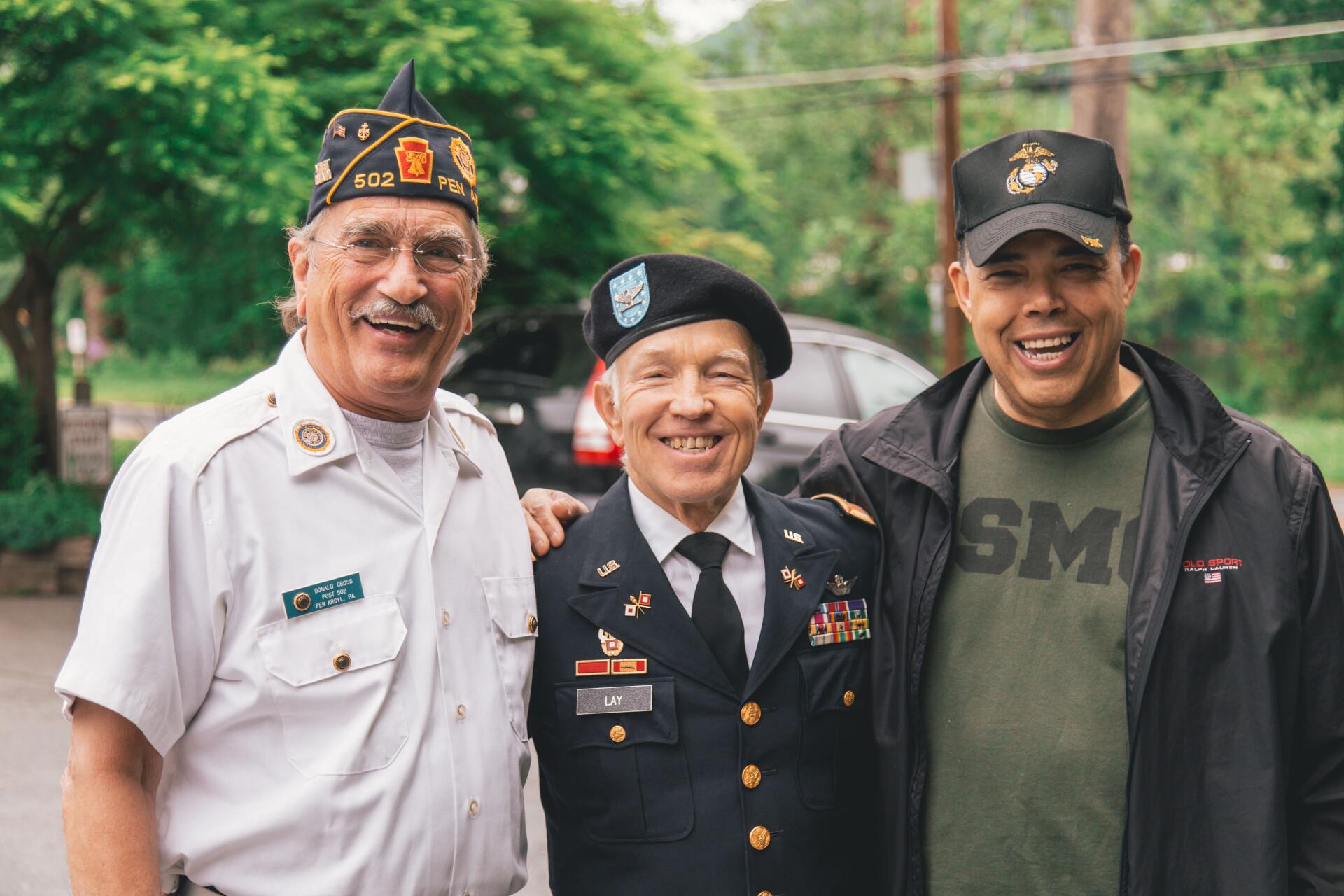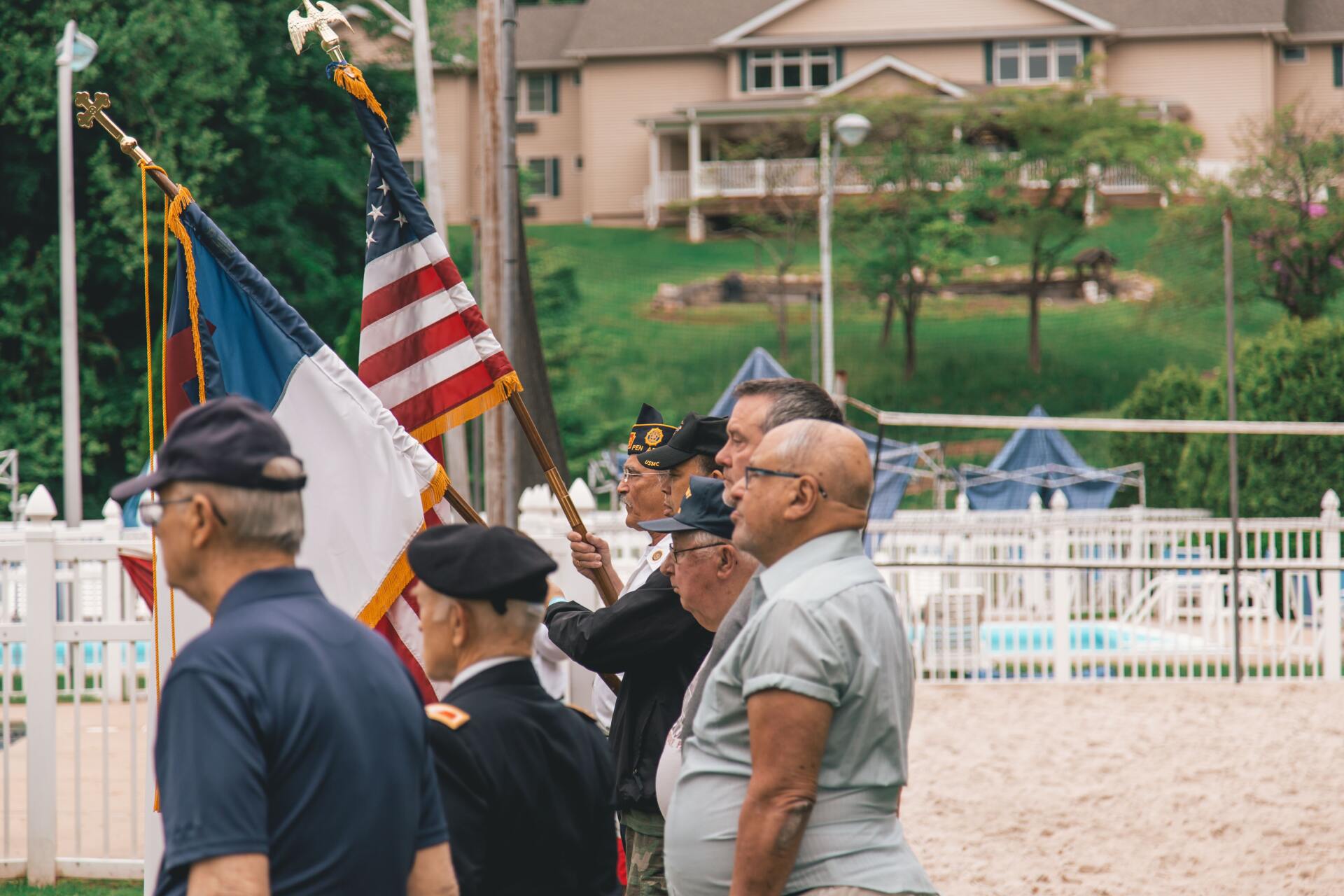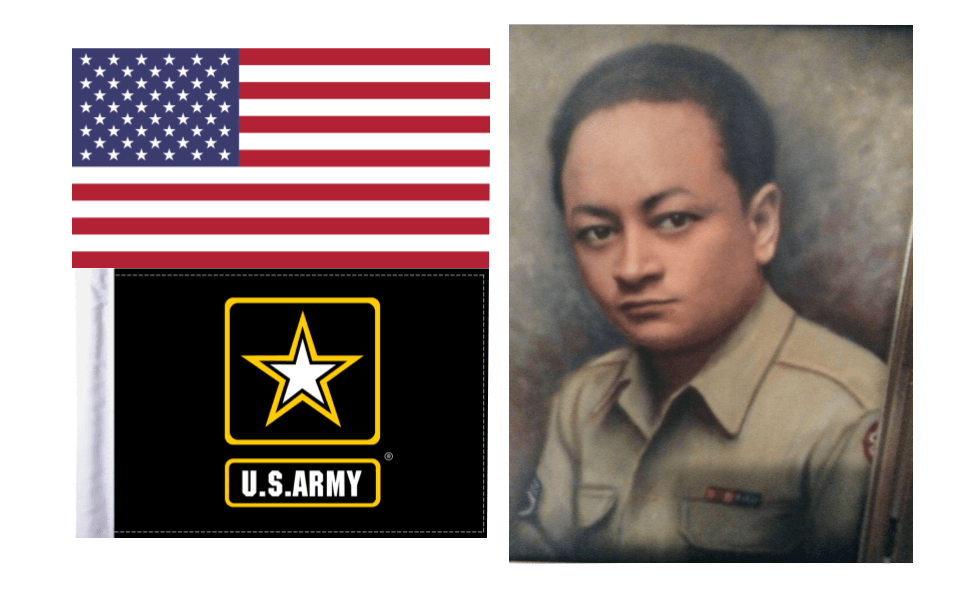GI Bill Information
(continuous)
What is the Vocational Rehabilitation and Employment Program?
The Vocational Rehabilitation and Employment (VR&E) Program is authorized by Congress under Title 38, USC, Chapter 31 and Code of Federal Regulations, Part 21. It is sometimes referred to as the Chapter 31 program. This program assists Veterans with service-connected disabilities to prepare for, find, and keep suitable jobs. For Veterans with service-connected disabilities so severe that they cannot immediately consider work, this program offers services to improve their ability to live as independently as possible.
Services that may be provided by the VR&E Program include:
Comprehensive rehabilitation evaluation to determine abilities, skills, and interests for employment
- Vocational counseling and rehabilitation planning for employment services
- Employment services such as job-training, job-seeking skills, resume development, and other work readiness assistance
- Assistance finding and keeping a job, including the use of special employer incentives and job accommodations
- On the Job Training (OJT), apprenticeships, and non-paid work experiences
- Post-secondary training at a college, vocational, technical or business school
- Supportive rehabilitation services including case management, counseling, and medical referrals
- Independent living services for Veterans unable to work due to the severity of their disabilities
Who is Eligible for VR&E Services?
- Active Duty Service Members are eligible if they:
- Expect to receive an honorable discharge upon separation from active duty
- Obtain a memorandum rating of 20% or more from the VA
- Apply for Vocational Rehabilitation and Employment (VR&E) services
- Veterans are eligible if they:
- Have received, or will receive, a discharge that is other than dishonorable
- Have a service-connected disability rating of at least 10%, or a memorandum rating of 20% or more from the Department of Veteran Affairs (VA)
- Apply for Vocational Rehabilitation and Employment (VR&E) services
- Basic period of Eligibility:
- The basic period of eligibility in which VR&E services may be used is 12 years from the latter of the following:
- Date of separation from active military service, or
- Date the veteran was first notified by VA of a service-connected disability rating.
- The basic period of eligibility may be extended if a Vocational Rehabilitation Counselor (VRC) determines that a Veteran has a Serious Employment Handicap.
What Happens after Eligibility is Established?
The Veteran is scheduled to meet with a Vocational Rehabilitation Counselor (VRC) for a comprehensive evaluation to determine if he / she is entitled for services. A comprehensive evaluation includes:
- An assessment of the Veteran's interests, aptitudes, and abilities
- An assessment of whether service connected disabilities impair the Veteran's ability to find and / or hold a job using the occupational skills he or she has already developed
- Vocational exploration and goal development leading to employment and / or maximum independence at home and in the Veteran's community
What is an Entitlement Determination?
A Vocational Rehabilitation Counselor (VRC) works with the Veteran to complete a determination if an employment handicap exists. An employment handicap exists if the Veteran's service connected disability impairs his / her ability to obtain and maintain a job. Entitlement to services is established if the veteran has an employment handicap and is within his or her 12-year basic period of eligibility and has a 20 % or greater service-connected disability rating.
If the service connected disability rating is less than 20%, or if the Veteran is beyond the 12-year basic period of eligibility, then a serious employment handicap must be found to establish entitlement to VR&E services. A serious employment handicap is based on the extent of services required to help a Veteran to overcome his or her service and non-service connected disabilities permitting the return to suitable employment.
What Happens after the Entitlement Determination is Made?
The Veteran and Vocational Rehabilitation Counselor (VRC) work together to:
- Determine transferable skills, aptitudes, and interests
- Identify viable employment and / or independent living services options
- Explore labor market and wage information
- Identify physical demands and other job characteristics
- Narrow vocational options to identify a suitable employment goal
- Select a VR&E program track leading to an employment or independent living goal
- Investigate training requirements
- Identify resources needed to achieve rehabilitation
- Develop an individualized rehabilitation plan to achieve the identified employment and / or independent living goals
What is a Rehabilitation Plan?
A rehabilitation plan is an individualized, written outline of the services, resources and criteria that will be used to achieve employment and/or independent living goals. The plan is an agreement that is signed by the Veteran and the Vocational Rehabilitation Counselor (VRC) and is updated as needed to assist the Veteran to achieve his/her goals.
Depending on their circumstances, veterans will work with their VRC to select one of the following five tracks of services:
- Reemployment (with a former employer)
- Direct job placement services for new employment
- Self-employment
- Employment through long term services including OJT, college, and other training
- Independent living services
What Happens after the Rehabilitation Plan is Developed?
After a plan is developed and signed, a Vocational Rehabilitation Counselor (VRC) or case manager will continue to work with the Veteran to implement the plan to achieve suitable employment and/or independent living. The VRC or case manager will provide ongoing counseling, assistance, and coordinate of services such as tutorial assistance, training in job-seeking skills, medical and dental referrals, adjustment counseling, payment of training allowance, if applicable, and other services as required to help the Veteran achieve rehabilitation.
Summary of the Vocational Rehabilitation and Employment Program (Chapter 31) Process:
A VA Veteran who is eligible for an evaluation under Chapter 31 must first apply for services and receive an appointment with a Vocational Rehabilitation Counselor (VRC). The VRC will work with the Veteran to determine if an employment handicap exists as a result of his or her service connected disability. If an employment handicap is established and the Veteran is found entitled to services. The VRC and the Veteran will continue counseling to select a track of services and jointly develop a plan to address the Veteran's rehabilitation and employment needs.
The rehabilitation plan will specify an employment or independent living goal, identify intermediate goals, and outline services and resources that VA will provide to assist the Veteran to achieve his/her goals. The VRC and the Veteran will work together to implement the plan to assist the Veteran to achieve his or her employment and/or independent living goals.
A Veteran found not to be entitled to services, the VRC will help him or her locate other resources to address any rehabilitation and employment needs identified during the evaluation. Referral to other resources may include state vocational rehabilitation programs; Department of Labor employment programs for disabled veterans; state, federal or local agencies providing services for employment or small business development; internet-based resources for rehabilitation and employment; and information about applying for financial aid.
VRAP (Veterans Retraining Assistance Program):
The Veterans Retraining Assistance Program provides training towards an Associates Degree, Non-College Degree, or Certificate that leads to a high demand occupation, as determined by the Department of Labor.
Department of Labor Veteran representatives will assist all veterans in filling out applications of selected schools those seek to attend. Please check with your veteran reps for more details as to the various occupations the VA will approve and to help you navigate the academic institutions of choice. You can also go to the Dept. of Veterans Affairs web site at: www.va.gov.
Congress passed, and the President has signed into law, the VOW to Hire Heroes Act of 2011. Included in this new law is the Veterans Retraining Assistance Program (VRAP). VRAP offers up to 12 months of training assistance to unemployed Veterans.
The VRAP offers 12 months of training assistance to Veterans who:
· Are at least 35 but no more than 60 years old
· Are unemployed on the date of application
· Received an other than dishonorable discharge
· Are not be eligible for any other VA education benefit program (e.g.: the Post-9/11 GI Bill, Montgomery GI Bill, Vocational Rehabilitation and Employment Assistance)
· Are not in receipt of VA compensation due to unemployability
· Are not enrolled in a federal or state job training program
The program is limited to 45,000 participants from July 1, 2012, through September 30, 2012, and 54,000 participants from October 1, 2012, through March 31, 2014. Participants must attend full-time in order to receive up to 12 months of assistance equal to the monthly full-time payment rate under the Montgomery GI Bill–Active Duty program ($1,564 effective October 1, 2012). DOL will offer employment assistance to every Veteran who participates upon completion of the program.
Participants must be enrolled in a VA approved program of education offered by a community college or technical school. The program must lead to an Associate Degree, Non-College Degree, or a Certificate, and train the Veteran for a high demand occupation. Please contact your regional Dept. of Veteran Affairs office nearest you or call them toll free at: (800) 827-1000 for additional information.





